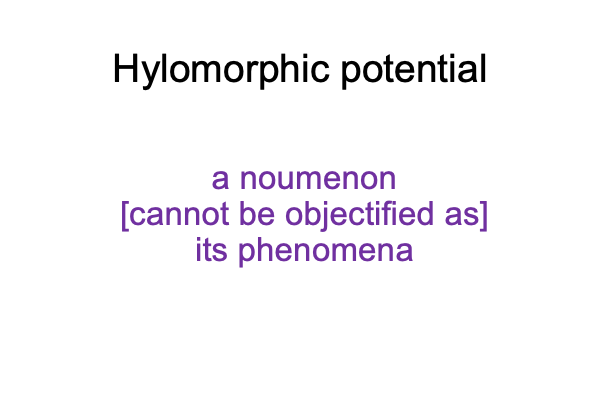Looking at Richard Colledge’s Essay (2021) “Thomism and Contemporary Phenomenological Reduction” (Part 5 of 7)
0017 Why do Catholic philosophers (who are curious about phenomenology) not mention science?
This is a very good question, since Aristotle’s and the Positivist’s judgments are structurally similar.
Well, they are different, because the three elements of judgment are imbued with different categories.
0018 The similar structures, along with different categorical assignments, benefit phenomenology. Phenomenology can sneak Aristotelian metaphysical constructs into the laboratory by reifying hylomorphes into what the thing itself1a must be1b. Phenomenology appropriates illicit metaphysical constructs then cleans them of metaphysical terminology.
0019 For example, in terms of physics, a one Euro coin may be reduced to its constituent metal and minted shape. To me, this looks like matter and form.
At the same time, in terms of phenomenological reduction2b, a one Euro coin1a is money1b. Money1b is what the Euro coin itself1a must be.
0020 What happens when what the thing itself1a must be1b is not the thing itself1a?
Is phenomenological reduction at work?
0021 If the one Euro coin as money is a mind-independent (formerly mind-dependent) being, then novel laws of “physics” apply. The coin1a(1b) now exhibits the phenomena of value1a and fiat currency1a.
The novel “social” science of modern economics investigates the phenomena1a that objectify this noumenon1a(1b).

